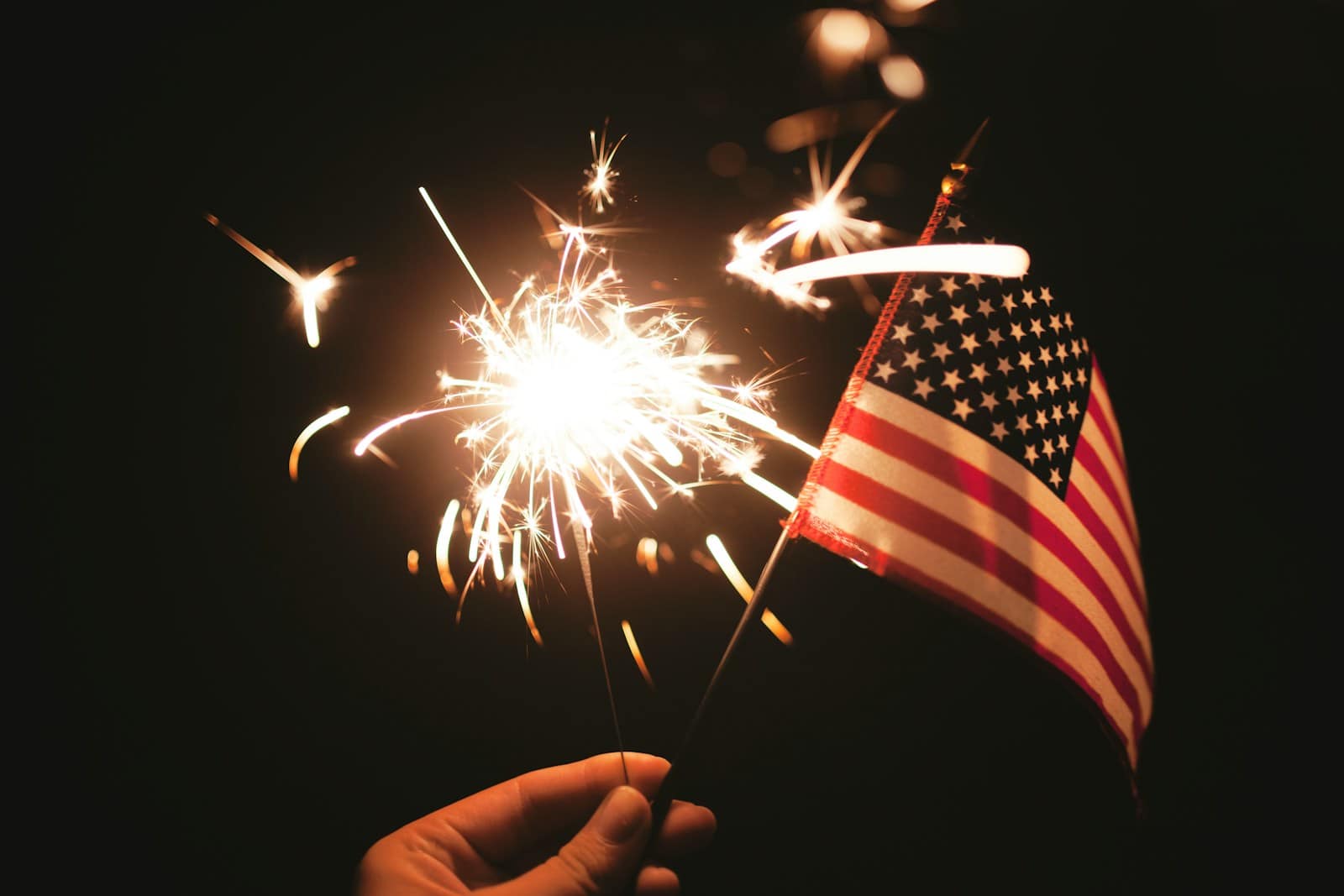This Fourth of July could be the busiest travel season on record for the holiday. Both air and road travel are expected to see unprecedented volumes, driven by summer vacations and the flexibility of remote work.
High temperatures and potential thunderstorms are in the forecast for many parts of the country. The Southwest, particularly California, is expected to face extreme heat, which can lead to travel delays. Trains may need to slow down or stop if tracks warp in the heat, and planes might face weight restrictions. The Southern Plains and Southeast will also experience higher-than-average temperatures, while the Northern Plains, Midwest, and Northeast could see thunderstorms. Traveling during cooler morning or evening hours can help mitigate heat-related delays.
AAA forecasts that nearly one in five Americans will drive over 50 miles during the holiday period. To avoid the worst traffic, INRIX recommends traveling early on Monday. Post-Monday, the best travel times are before 10 a.m. Traffic analyst Bob Pishue warns that July 3 and July 7 will see the most significant congestion, with travel times potentially extending up to 67% longer than usual. For those embarking on longer road trips, AAA suggests a pre-trip checklist that includes checking children’s car seats, packing an emergency kit, and planning the route.
Last week, the Transportation Security Administration (TSA) reported a record 2.99 million passengers passing through U.S. airports in a single day. This week, TSA anticipates another record-setting surge. Philadelphia International Airport, under the guidance of Federal Security Director Gerardo Spero, is experiencing an 8% increase in passenger traffic. Spero advises travelers to arrive early, giving ample time for parking, rental car returns, check-ins, and security screenings.
According to Hopper, the busiest travel days will be July 3, 7, and 8, with Atlanta, Dallas-Fort Worth, and Denver airports expected to handle the highest volumes of travelers. Similarly, Seattle-Tacoma International Airport is seeing a 5% uptick in travel volume. In a press release, Federal Security Director Greg Hawko emphasized the importance of preparing for security checks by ensuring no prohibited items are in carry-on luggage and being efficient in security lines.

